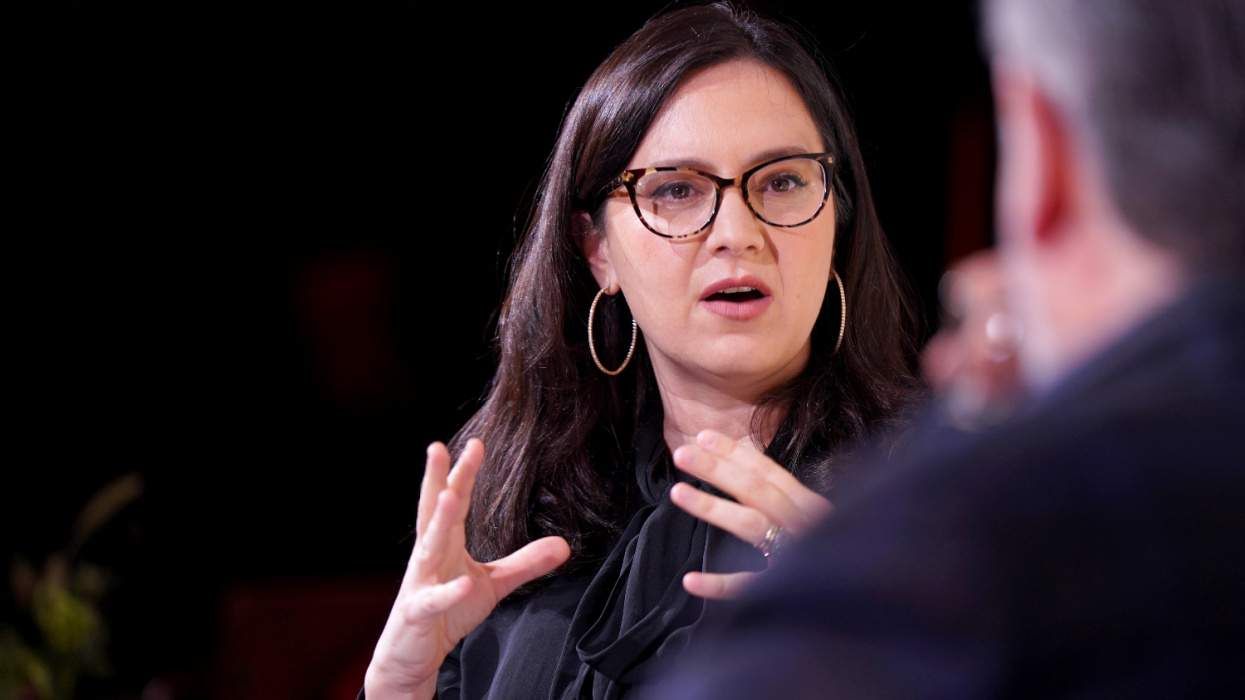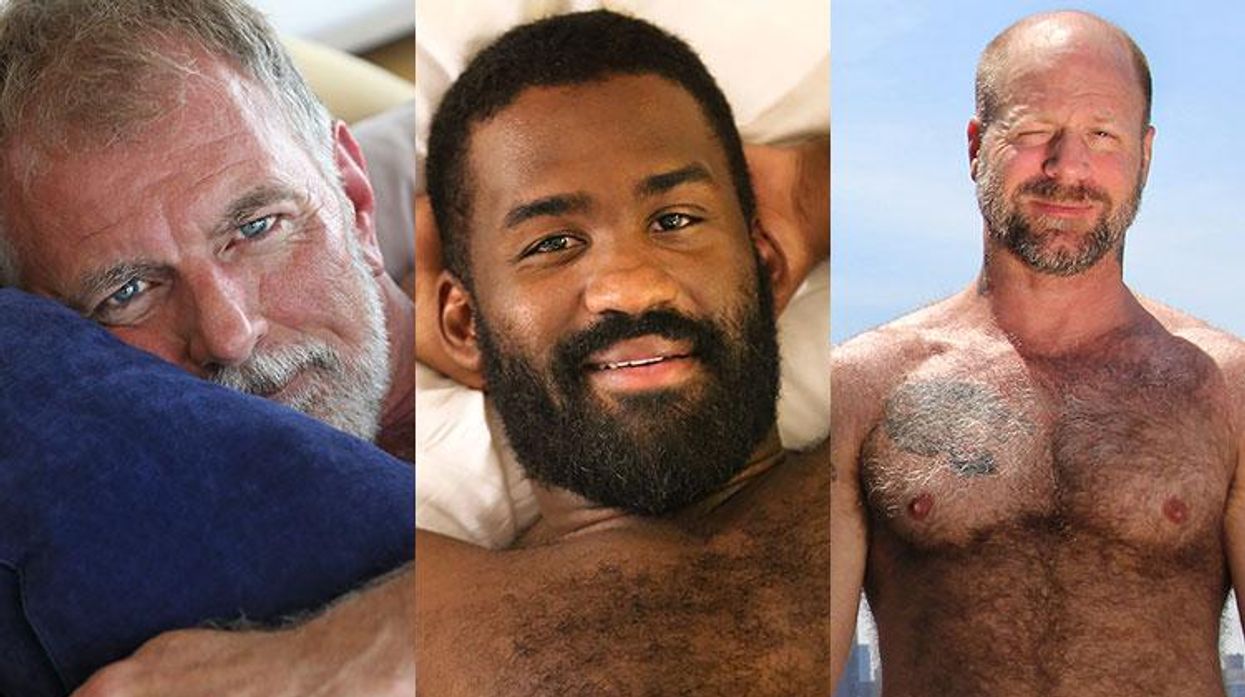The United Kingdom just witnessed a transformative election. Now, all eyes are on Keir Starmer, the Labour Party leader who is now the country's prime minister. Born to a nurse and a toolmaker in the Southwark district of central London, Starmer’s journey from his blue-collar roots to the upper echelons of British politics has been marked by a blend of pragmatism and controversy, especially concerning LGBTQ+ rights.
Starmer, 61, has a distinguished background as a human rights lawyer and served as director of public prosecutions before entering Parliament in 2015. However, his leadership of the Labour Party, which has traditionally championed equality and inclusivity, has seen a shift toward the center and he has made transphobic comments.
Labour has won 412 seats in Parliament, versus 121 for the Conservatives, the party formerly in power. There are 650 seats in the country's parliament.
Transgender rights and controversies
In a Monday interview with The Times, Starmer said that transgender women who have not undergone gender confirmation surgery should not be allowed in female-only spaces, including bathrooms. “They don’t have that right. They shouldn’t. That’s why I’ve always said biological women’s spaces need to be protected,” he said. It marked a significant departure from earlier, more inclusive positions and sparked backlash from LGBTQ+ activists and allies.
Gender Recognition Certificates, introduced under the Gender Recognition Act 2004, legally recognize a person’s affirmed gender in matters such as marriage and pensions. However, existing government guidance allows for single-sex spaces, such as restrooms and changing rooms, to be restricted based on sex when deemed necessary.
According to The Independent, Starmer also said that a Labour government would not allow "gender ideology" to be taught in schools. “No, I’m not in favour of ideology being taught in our schools on gender,” he said.
Starmer’s stance has shifted noticeably over the years. In November 2020, he declared on Facebook that “trans rights are human rights, and your fight is our fight too,” Attitude reports. By June 2021, he told PinkNews: “Trans people are one of the most discriminated groups in our society. Labour knows how much work there is to do… We’re committed to updating the GRA [Gender Recognition Act] to introduce self-declaration for trans people.” In April 2023, he told the Sunday Times that 99.9 percent of women “haven’t got a penis,” emphasizing a focus on biological definitions over gender identity, Sky News reports.
His LGBTQ+ advocacy record
Starmer’s record on LGBTQ+ rights is a tapestry of advocacy and contention. As director of public prosecutions, he played a pivotal role in several landmark cases reinforcing protections for LGBTQ+ individuals, Attitude reports. In March 2019, he supported making LGBTQ+-inclusive education mandatory in schools. By July of that year, he voted for marriage equality in Northern Ireland.
However, his recent comments have shown a shift in tone, ignoring that trans women are women.
Political landscape and party positions
The Labour Party, traditionally center-left, has been a strong advocate for LGBTQ+ rights, pushing for marriage equality and anti-discrimination laws. Internal divisions and evolving social dynamics have led to shifting positions on transgender issues.
Labour has promised to ban conversion therapy, even after delays by the previous Conservative government. The party's platform also pushes for stronger punishments for hate crimes.
The Conservative Party, Britain’s main center-right political force, has historically been less progressive on LGBTQ+ issues but has made strides in recent years. Conservative Party leaders have openly been critical of trans rights and transgender people.
Other parties, such as the Liberal Democrats and the Greens, are generally more progressive. The far-right Reform UK, led by Nigel Farage, often opposes policies supporting LGBTQ+ rights. Farage, a friend of former President Donald Trump won a seat in Parliament for the first time.
















